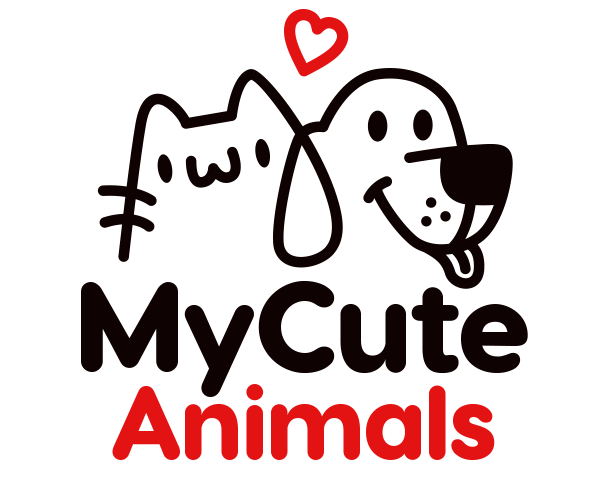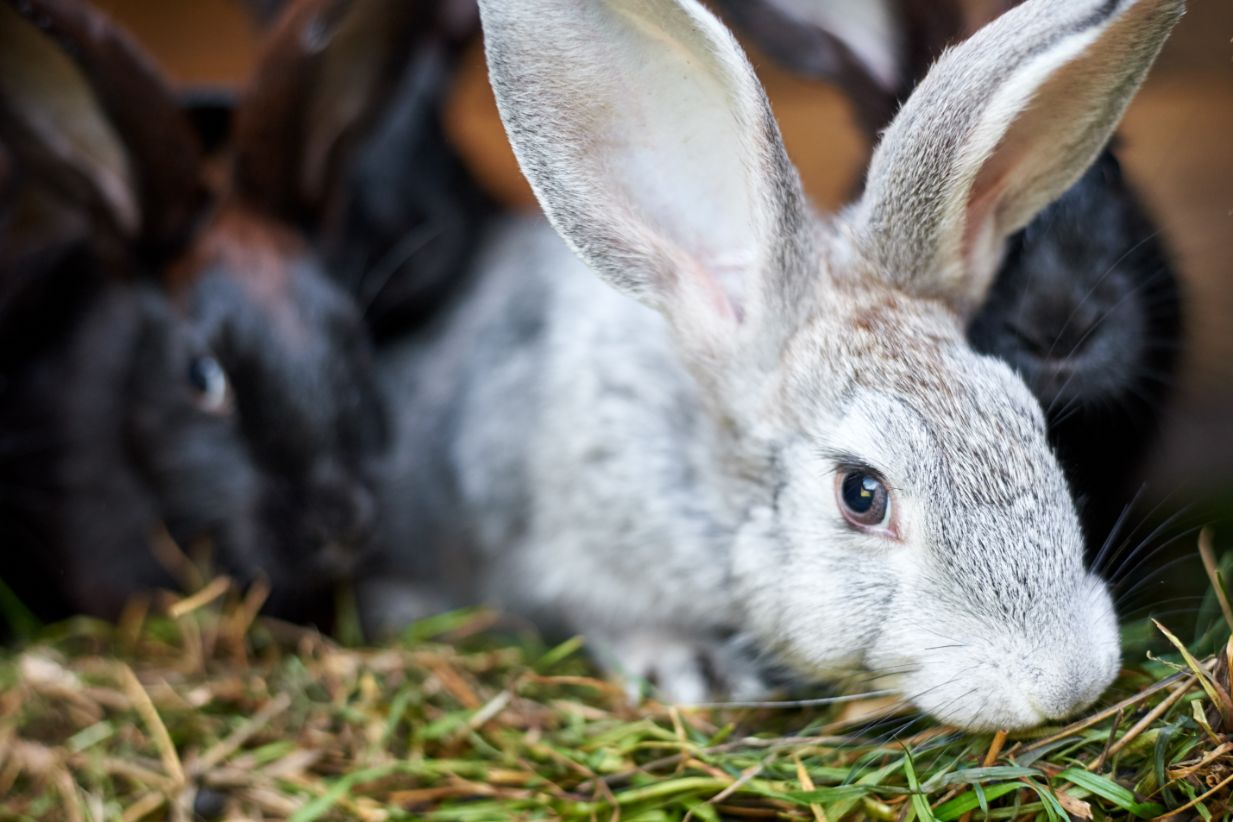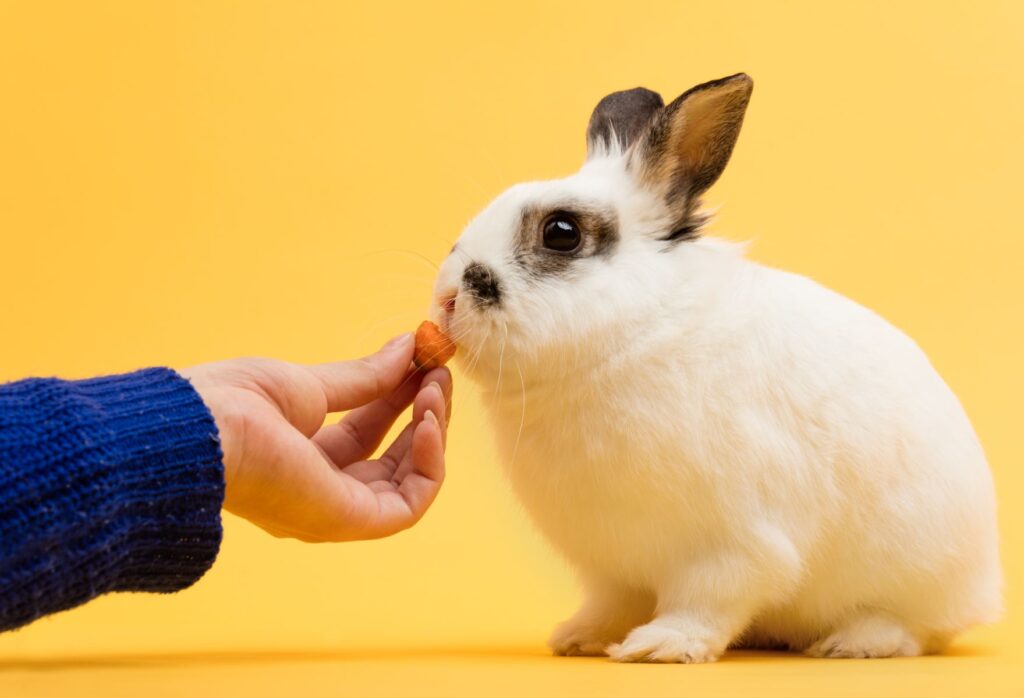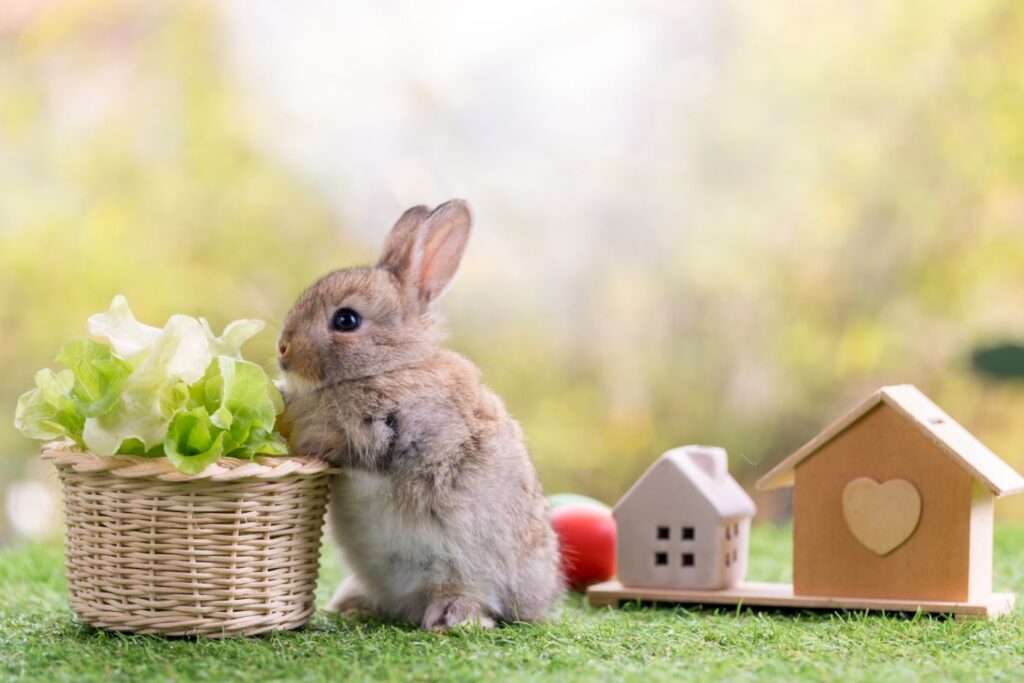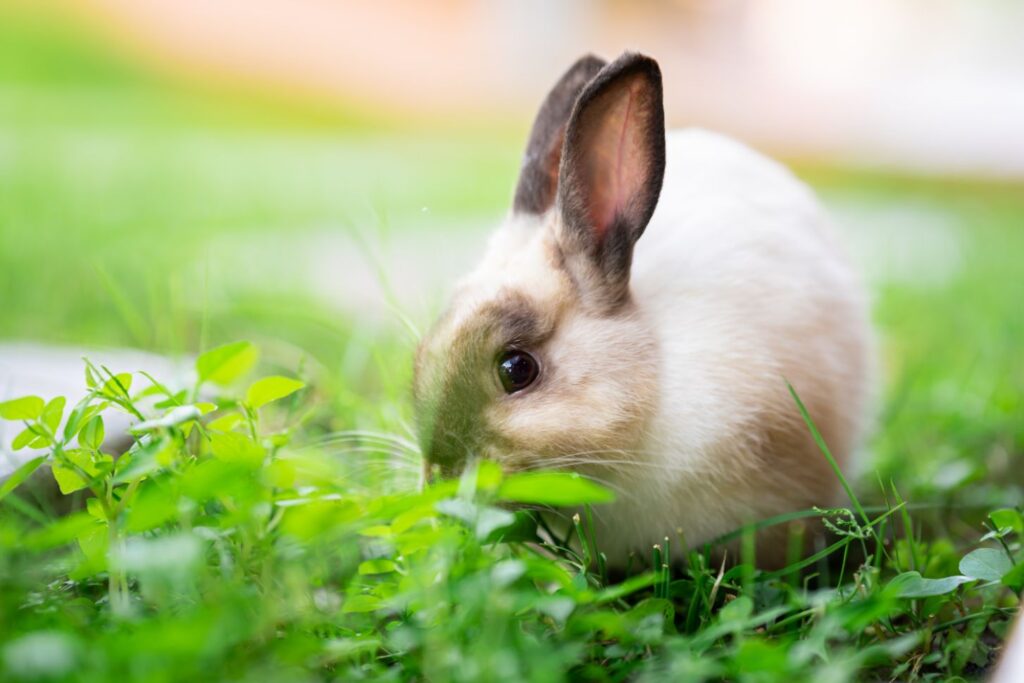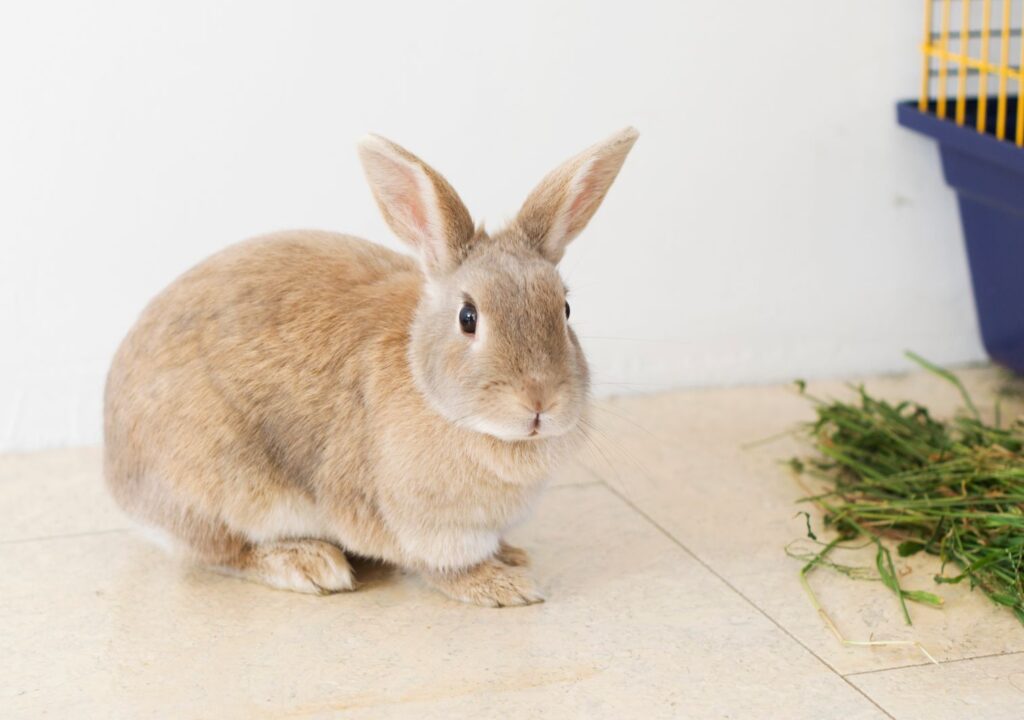Table of Contents
Rabbits and tomatoes have one thing in common – they’re both cute in their own right.
But when choosing the right foods to feed your pets, there are deeper factors to consider other than sheer beauty. That’s especially where tomatoes are involved, as these berries have a bit of a reputation.
Bearing that in mind, can rabbits eat tomatoes? Read on to find out.
Can Rabbits Eat Tomatoes?
Tomatoes have a reputation for being high in solanine, a chemical that has proven toxic to some animals.
Pet parents who understand the potential toxicity of solanine would be a bit reserved about sharing tomatoes with their furry friends. But the good news is that rabbits can eat tomatoes if served in small quantities.
While tomatoes may be laden with the toxin solanine, small amounts of this berry are unlikely to harm your bunny. Besides, tomatoes contain certain minerals and vitamins that may supplement your rabbit’s nutritional requirements.
More About Tomatoes
Tomatoes need no introduction. Unless you’ve just beamed down from another planet, the chances are that you’ve eaten them more times than you can count.
Now, the tomato is widely consumed as a vegetable. However, it’s actually a fruit botanically classified as a berry.
Known by the taxonomic name Solanum lycopersicum, tomatoes belong in the Solanaceae or Nightshade family. That’s the same family that produces potatoes, eggplants, pepper, and tobacco.
When unripe, tomatoes are typically green. But the fruits take on a variety of colors as they ripen, including red, orange, yellow, and purple. There are also certain tomato cultivars that remain green even in their ripened state.
Where Did Tomatoes Come From?
Tomatoes trace their origin in western South America, Central America, and Mexico. These berries derive their name from the Mexican Nahuati word ‘tomati’ and the Spanish word ‘tomate.’
But although previously cultivated in a relatively small geographical area, tomatoes have risen in popularity over the years to become the world’s most widely-cultivated berry.
How Are Tomatoes Consumed?
There are multiple ways to consume tomatoes. The berries can be eaten raw or cooked. They can also be consumed as a standalone snack or served in a variety of dishes, salads, sauces, and drinks.
What Do Tomatoes Taste Like?
Like most fruits, the taste of tomatoes varies depending on whether they’re ripe or unripe. Unripe tomatoes can range in taste from sour to bitter, while ripe tomatoes have an umami taste.
Ripe tomatoes are, in fact, the greatest source of umami flavor.
What Nutrients Do Tomatoes Provide?
Raw, ripe tomatoes contain 95% water by weight, 4% carbohydrates, and less than 1% each of protein and fat. In addition to these primary nutrients, tomatoes also come with a truckload of other minerals and vitamins.
The most abundant minerals in tomatoes are potassium, manganese, phosphorus, magnesium, iron, zinc, and calcium. Common vitamins in the berry include vitamin C, vitamin K, vitamin B6, vitamin A (and its equivalents like beta-carotene and lutein zeaxanthin), vitamin E, vitamin B3 (niacin), vitamin B9 (folate), vitamin B1 (thiamine), vitamin B2 (riboflavin), and vitamin B5 (pantothenic acid).
There are also plenty of antioxidants in tomatoes, the most notable one being lycopene.
How Might Tomatoes Benefit Rabbits?
As we’ve just seen, tomatoes are chockfull of minerals and vitamins, each of which might benefit your bunny in some way. Below are the most abundant nutrients in tomatoes that rabbits require in their diets;
1. Water
Water is the most important nutrient required by all animals (including rabbits), and tomatoes provide plenty of it.
Water is involved in all biological processes in a rabbit’s body, ranging from food metabolism to blood circulation, respiration, excretion, etc. But perhaps its immediate benefit is preventing dehydration and keeping your bunny’s coat moisturized.
2. Dietary Fiber
A 100-gram serving of raw tomatoes contains 1.2 grams of dietary fiber. That’s enough to bulk up your rabbit’s stool, thereby easing digestive issues like constipation.
Fiber plays many other roles in a rabbit’s body, including nourishing his healthy gut microbiome and regulating blood sugar and cholesterol levels. It also induces feelings of satiation for longer after meals, which can be useful in averting weight gain resulting from excessive eating.
3. Vitamin C
Vitamin C is a popular antioxidant noted for its positive effects on the immune system. The vitamin can be particularly effective at protecting your rabbit from inflammatory diseases like cancer and osteoarthritis.
4. Vitamin K
Tomatoes contain a type of vitamin K known as phylloquinone or vitamin K1. Phylloquinone is involved in blood clotting and healthy bone formation. It can be quite useful to bunnies that are prone to injuries or recurring bone issues.
5. Potassium
Potassium is involved in maintaining electrolyte balance and regulating blood pressure. Supplementing your rabbit’s diet with potassium-rich foods like tomatoes might help to keep heart and cardiovascular diseases at bay.
6. Folate (Vitamin B9)
Folate plays a crucial role in normal tissue growth, cell functioning, and the formation of DNA. This mineral can be very useful in aiding embryonic development in pregnant rabbits.
7. Antioxidants
Tomatoes are loaded with powerful antioxidants, including lycopene, beta carotene, chlorogenic acid, and naringenin. These compounds can work together to protect your rabbit from various chronic ailments, including cancer, diabetes, vision problems, heart disease, etc.
How Might Tomatoes Hurt Rabbits?
The biggest risk of tomatoes for rabbits is solanine poisoning. Consuming too much solanine can trigger gastrointestinal problems, including vomiting, diarrhea, flatulence, and abdominal discomfort.
It’s also important to note that while rabbits are herbivores, their ideal diet should consist mostly of hay. Therefore, a bunny’s stomach will naturally treat tomatoes as foreign food, and ingesting such products may pose serious digestive issues.
There are also risks of allergy to beware of. That’s especially if feeding tomatoes to your bunny for the first time. Symptoms like vomiting, labored breathing, and irritability all point to potential hypersensitive reactions to tomatoes.
Last but not least, tomatoes are reasonably high in carbohydrates. Consuming these fruits in excess might mess up your rabbit’s blood sugar levels in addition to predisposing the animal to diabetes, obesity, and dental problems.
What Is the Best Way to Serve Tomatoes to Rabbits
i. Go for fresh tomatoes
If you must feed tomatoes to your rabbit, go for fresh ones. That’s for the simple reason that rotten tomatoes could harbor bacterial and fungal pathogens. In the same vein, only give your bunny ripe tomatoes.
ii. Wash the fruits
Washing tomatoes helps remove chemical residues from pesticides and insecticides.
iii. Slice the fruits into small sizes
If you’re using large tomato varieties, remember to slice them into small pieces. Also, remove the seedy portions as these may cause gastrointestinal distress in rabbits.
iv. Keep the serving portions low
Since tomatoes aren’t a staple ingredient in rabbit food, the best practice is to serve the fruit to your bunny in moderation.
v. Only serve the berry part of the plant
It’s also important to remove the stem and leaves from tomatoes before sharing them with rabbits. Tomato stems and leaves are indigestible and might pose choking risks. Besides, these parts of the tomato plant tend to be high in solanine.
Final Word
Tomatoes may have a reputation for being laden with the toxin solanine. But as it turns out, these fruits can be safe and nutritionally beneficial to rabbits if served in moderation. Just be sure to follow the above precautions when preparing tomatoes for your bunny.
